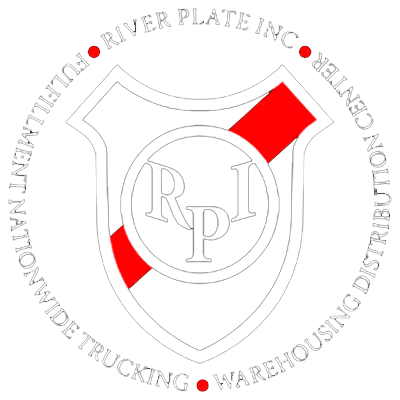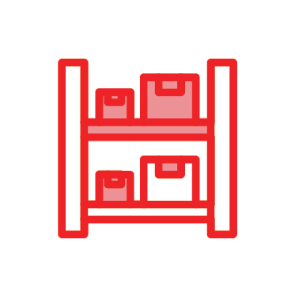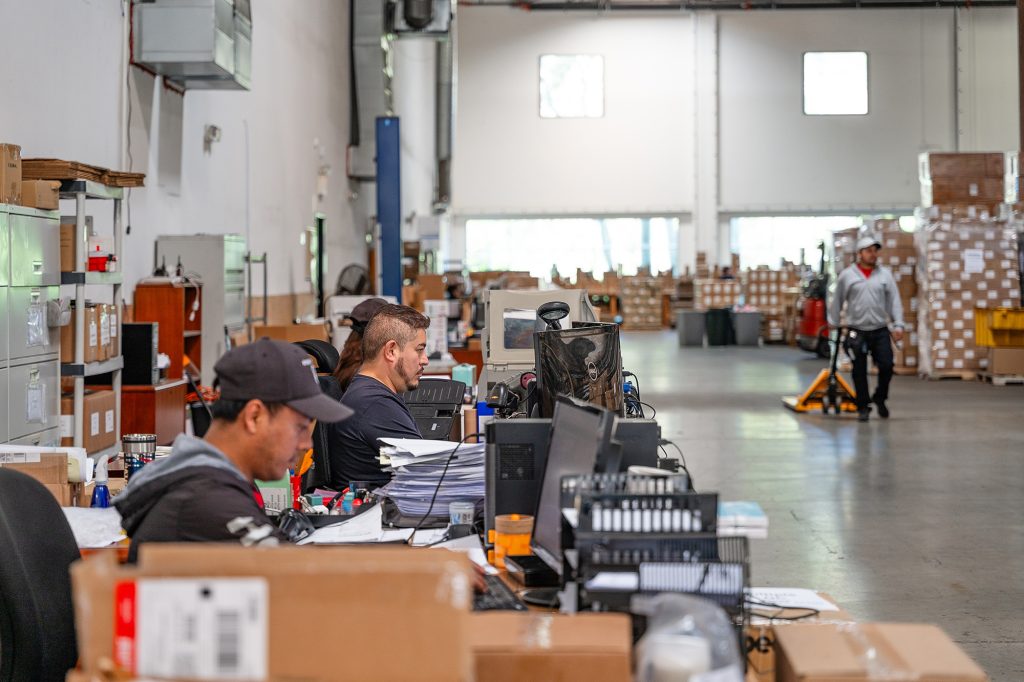
Inventory Management Services
Accurate, Real-Time, and Scalable Inventory Control for Your Business
- Real-time tracking & precision: Stay ahead with up-to-the-minute insights that keep your stock exactly where it should be.
- Seamless data integration: Empower your team with clear, actionable information to manage demand effortlessly.
- Optimized inventory operations: Streamline your supply chain and reduce errors for sustainable growth.
Take Control of Your Inventory Today!
About Our Inventory Management Services
At River Plate Inc., we understand that effective inventory management is the backbone of a thriving supply chain. We know every detail matters—one slight misstep in your inventory level can ripple across your entire operation. That’s why we invest in an advanced inventory management system and cutting-edge inventory management software, including solutions like Zoho Inventory, to keep you informed at every step.
We don’t believe in a one-size-fits-all approach. Our team works closely with you to ensure seamless inventory control that adapts to your unique supply chain management needs. Sometimes, the simplest tweaks can lead to significant improvements; other times, it’s about a complete overhaul of your inventory processes. Whether you’re optimizing warehouse operations or needing precise, real-time data, we’ve got you covered.
With River Plate Inc., managing your inventory isn’t a chore—it’s a strategic advantage. Let us transform your inventory management into an intelligent, dynamic process that powers your business forward.
River Plate Inventory Management Has Helped Me Make Order Fulfillment Easy and Hassle-Free
“Our company has been working with them for years now, and they’re wonderful to work with. Communicative and they always go the extra mile to make sure our orders go through fulfillment seamlessly.” – Erica Kim
Our Inventory Management Process
Managing inventory is a critical task that directly impacts your business’s success. At River Plate Inc., we simplify the complexity of managing inventory so you can concentrate on what matters most—growing your business. Our process is designed to optimize inventory levels, reduce inventory cost, and ensure efficient inventory management from start to finish.
Step 1 – Receiving and Organizing Inventory Items
Every successful process begins with a clear and organized approach. When purchase orders arrive, our team meticulously receives and logs every inventory item in our advanced warehouse management system. By applying proven inventory management techniques, we ensure that incoming stock immediately aligns with current customer demand. This careful attention prevents errors and avoids the pitfalls of excess inventory.
|
Step 2 – Real-Time Inventory Tracking and Management
Transparency is key to efficient inventory management. We deploy robust inventory tracking tools that provide real-time insights into your inventory levels. This continuous monitoring means you always know exactly where your products are, whether there’s a surge in demand or a need to adjust order quantities. With our proactive approach, managing inventory becomes a streamlined process that minimizes disruptions and effectively controls inventory costs. |
Step 3 – Ongoing Warehouse Management and Reporting
Our commitment to excellence extends beyond just receiving and tracking inventory. We offer ongoing warehouse management support, complete with detailed reporting on inventory movements. This data allows you to understand trends, forecast future customer demand, and adjust your strategies accordingly. The result is a dynamic system that supports efficient inventory management while ensuring that every purchase order is precisely met. Experience the difference of a well-oiled inventory management process. Let River Plate Inc. handle your stock with the care and expertise it deserves so you can focus on delivering exceptional value to your customers. |
Why Trust Us With Your Inventory?
We transform inventory management into a strategic advantage. Our expertise in using advanced inventory management systems ensures that your inventory data is precise, actionable, and seamlessly integrated with your order fulfillment process. We understand that a healthy inventory turnover is key to meeting ever-changing demand, and our proven inventory management methods deliver the insights you need to stay ahead.
– Real-Time Visibility
Our cutting-edge inventory system provides complete inventory visibility, letting you track every item—from high-value products to even MRO inventory—in real time. This transparency is vital for retail inventory management and more extensive supply chain operations.
– Data-Driven Decisions
With accurate inventory data, you can make informed decisions that optimize order fulfillment, reduce costs, and boost efficiency. Our approach helps maintain an ideal balance, ensuring your inventory turnover remains strong without overstocking or stockouts.
– Tailored Solutions
We recognize that no two businesses are the same. Whether you’re a retailer or manage a complex supply chain, our solutions adapt to your unique needs. We combine advanced inventory management systems with proven retail inventory management strategies to ensure your operation runs smoothly, no matter the scale.
– Dedicated Client Support and Proactive Management
By choosing River Plate Inc., you’re not just getting a service—you’re gaining a trusted partner committed to enhancing your inventory visibility, accelerating inventory turnover, and refining your overall inventory management methods. Experience the difference that expert, data-driven inventory control can make for your business.
About Us
Founded in 1992, River Plate Inc. began as a small husband-and-wife operation in Los Angeles. Over the past 30+ years, we’ve grown into a trusted omnichannel fulfillment center and third-party logistics (3PL) provider. Our mission is to simplify supply chains and support ecommerce businesses with reliable, scalable solutions.
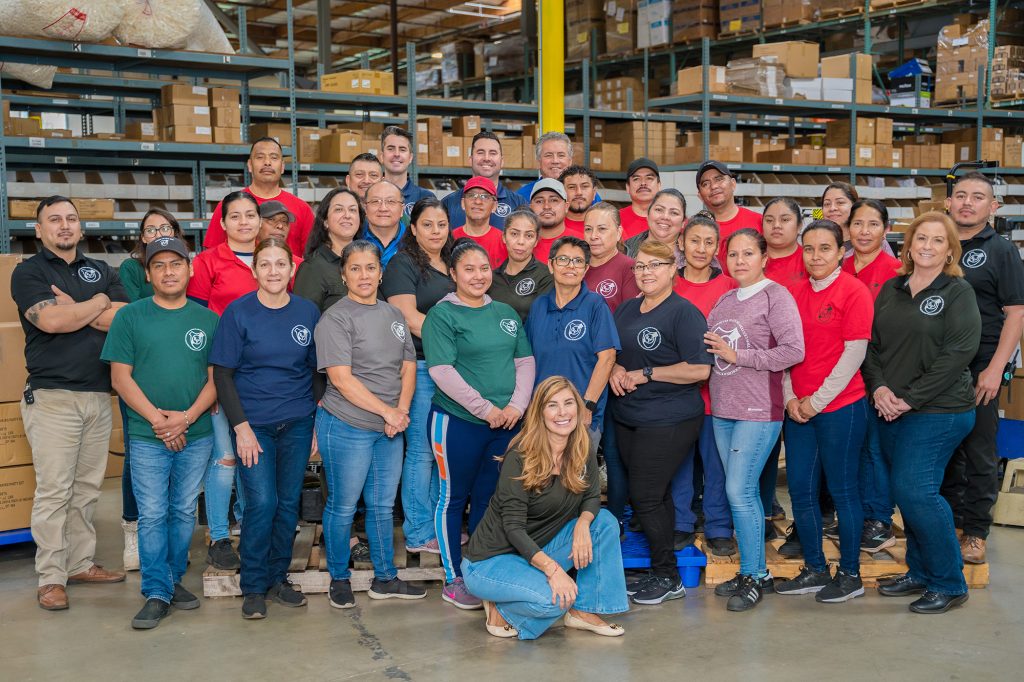
We specialize in ecommerce fulfillment in Los Angeles, warehousing, freight logistics, and value-added services all maximally tailored to your needs. We ensure real-time inventory tracking and efficient order fulfillment by integrating cutting-edge technology, which also includes our comprehensive warehouse management system (WMS). Our dedicated Client Success Managers work closely with each client and offer personalized support and strategic insights to help your business thrive.
We are strategically located in Simi Valley, CA, which allows us to deliver fast, accurate, and cost-effective services. Clients often praise our reliability, attention to detail, and ability to adapt to evolving industry demands.
At River Plate Inc., we like to operate as an extension of your team. We are deeply committed to the process of enhancing your supply chain and delivering exceptional customer satisfaction. Let us handle the logistics while you focus on growing your business.
We Integrate With All Ecommerce Platforms

We connect with BigCommerce to handle inventory and orders with precision.

Our integration with CS-Cart ensures smooth order fulfillment.

We support Magento for efficient product and order management.

We make order fulfillment easier for OpenCart users.

Our PrestaShop solution simplifies inventory and shipping.

We help Shopify users with fast and accurate fulfillment.

Squarespace stores benefit from our reliable fulfillment services.

We assist Volusion sellers with accurate order handling.

Our services support Wix sellers with easy fulfillment.

WooCommerce users trust us for accurate order processing.

We integrate with Yahoo stores for efficient fulfillment.

Zoey merchants rely on us for precise inventory and order management.

We manage inventory and orders for Amazon sellers, which ensures fast and accurate fulfillment.

Our services help vendors handle direct fulfillment to Amazon customers efficiently.

We streamline FBA restocking to keep your Amazon inventory ready and avoid stockouts.

Our integration with ChannelAdvisor ensures smooth order and inventory management across platforms.

We simplify fulfillment for eBay sellers with reliable inventory tracking and fast shipping.

Etsy sellers rely on us to deliver handmade and unique products accurately and on time.

We support Faire merchants by managing bulk order fulfillment with care and precision.

Our fulfillment ensures fresh and timely delivery for Goldbelly food sellers.

We handle high-volume Groupon Goods orders with efficiency and attention to detail.

Houzz sellers trust us to manage product fulfillment for home and lifestyle categories.

Our OnBuy integration simplifies order handling and improves delivery speed.

We provide accurate inventory management and fulfillment for Overstock sellers.

Walmart Marketplace sellers benefit from our reliable and efficient order fulfillment services.
We manage fulfillment for Wayfair sellers, which ensures timely and secure deliveries.

Wish merchants rely on us for fast and accurate order processing and shipping.

We integrate with AIMS360 to support streamlined inventory management for apparel businesses.

Our services enhance order and inventory accuracy through ApparelMagic integration.

We work with Centra to simplify order fulfillment and inventory tracking for direct-to-consumer brands.

Dear Systems integration ensures smooth inventory control and order processing.

We connect with Extensiv 3PL Warehouse Manager to optimize warehouse and fulfillment operations.

Extensiv Order Manager integration supports efficient order routing and real-time updates.

Linnworks users benefit from our seamless order management and inventory updates.

NetSuite integration helps unify your inventory and fulfillment processes for better efficiency.

We improve order accuracy and streamline workflows with Orderbot integration.

Our integration with PulseCommerce supports real-time inventory management and order fulfillment.

Radial integration ensures smooth processing of high-volume ecommerce orders.

We connect with SPS Commerce to handle complex order fulfillment and inventory needs.

Tradefull integration makes multi-channel inventory management and fulfillment simple.

TrueCommerce users rely on us for accurate order processing and inventory control.

Our Uniware Clearconnect integration supports smooth order routing and inventory updates.
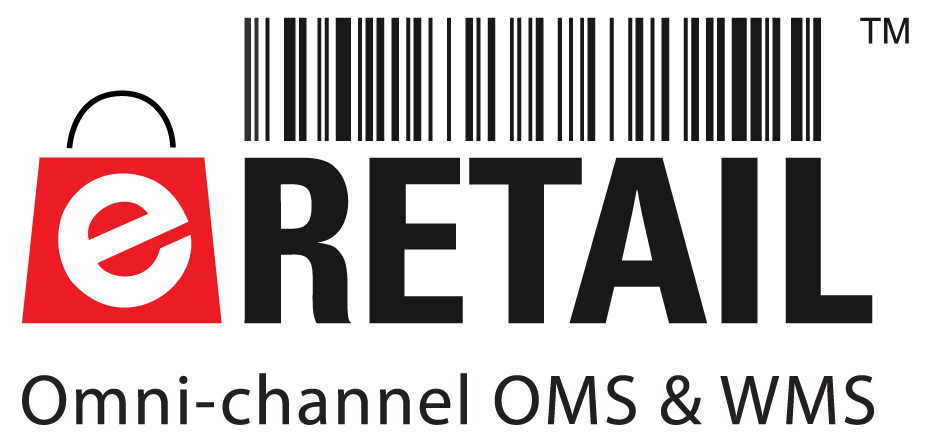
We work with Vin eRetail to streamline inventory management and fulfill customer orders efficiently.

Ware2Go integration ensures fast and accurate fulfillment across your sales channels.

We integrate with Lightspeed Retail to provide accurate inventory tracking and fast order fulfillment.

Our connection with Lightspeed X-Series ensures quicker inventory updates and more efficient order handling.

Keap integration streamlines customer data and order management, which improves the efficiency of our fulfillment process.

Our Salesforce integration keeps customer orders and inventory aligned for accurate and timely fulfillment.
What Clients Have to Say About Our Kitting Services
|
Dependable and Reliable |
|
“I very much enjoy my professional relationship with Riverplate Inc. They are a dependable partner that provides warehousing, pallet setup, and distribution services. The rates are competitive and the services are timely, accurate, and reliable. They show an interest in my business and consistently provide insights and assistance. I highly recommend Riverplate.” – Matt Friedland |
|
Flexible and Innovative |
|
“We have worked with Riverplate for over 5 years and could not ask for a better 3PL partner. They have helped us launch two successful brands across different categories and regularly go above and beyond expectations. What truly sets them apart from other 3PLs is their flexibility and attention to detail. Whenever things do not go accordingly to plan, they do whatever they can to help. Also, in the rare instances when something is their fault, they have always taken responsibility and made the situation right. Lastly, they are always looking towards implementing new strategies/processes to improve efficiencies and save their clients money. To summarize, I could not recommend them more.” – Paul Richards |
|
Exceptional Accuracy |
|
“I just wanted to express my gratitude for your commitment in supporting FGV America’s warehousing and fulfillment needs. Your efforts play a crucial role in maintaining our reputation for exceptional service. Efficiency in processing and accuracy in inventory management are just a couple of your organization’s main qualities we appreciate most.” – Kosta Esabalidis |
What You Get When You Work With Our Fulfillment Center
Here is what you get when working with the best Los Angeles ecommerce fulfillment company.
– Fast and Accurate Order Fulfillment
Speed matters in ecommerce, and so does accuracy. At our fulfillment center, we process orders quickly while also ensuring every detail is correct. Whether it’s a single product or a bulk shipment, our order fulfillment process minimizes errors and helps you maintain customer satisfaction and loyalty.
– Real-Time Inventory Management
Stay in control with real-time inventory tracking. Our advanced warehouse management system updates you instantly, so you always know what’s in stock. This reduces overselling and avoids backorders, which also ensures smooth operations for your ecommerce business.
– Strategic Warehouse Locations
Faster delivery starts with well-placed warehouses. Our strategically located fulfillment centers cut down on shipping times and costs, which gives your customers quicker access to their purchases. This makes your ecommerce fulfillment services more competitive and efficient.
– Scalable Solutions for Growth
Whether you’re scaling up for a big sales season or managing steady growth, our flexible fulfillment services adapt to your needs. From startups to established ecommerce platforms, we provide solutions that grow with your business and save you time and resources.
– Cost-Efficient Shipping
Shipping can be one of the biggest expenses in ecommerce, but our optimized logistics network reduces fulfillment costs without sacrificing speed. We partner with top carriers, like FedEx and others, to ensure you get the best shipping options at competitive rates.
Additional Services
Wholesale / B2B / Retail Fulfillment
We manage all aspects of wholesale, B2B, and retail fulfillment, which include routing guides, palletized shipments, and compliance requirements. Our services ensure smooth and efficient operations for your supply chain.
Parcel Optimization
Our parcel optimization services focus on reducing shipping costs and improving efficiency. We analyze your packaging, carriers, and rates to provide the most cost-effective shipping solutions.
Kitting and Assembly
From subscription boxes to product bundles, our kitting and assembly services deliver precision and speed. We handle custom orders so you can focus on sales.
Value Added Services
We offer services such as labeling, quality checks, and custom packaging to improve your product presentation and overall customer satisfaction.
Warehousing
Our secure, strategically located warehouses provide flexible storage options with real-time inventory tracking. We ensure your products are organized and ready for quick shipping.
Omni Channel Fulfillment
We handle fulfillment across all your sales channels, which ensures accurate and timely order processing for ecommerce, retail, and wholesale platforms.
Cross-Docking Services
Our cross-docking services transfer goods directly from inbound shipments to outbound deliveries, which reduces total storage time.
Amazon FBA Prep and FBM
We handle Amazon FBA and FBM preparation with services like labeling, packaging, and compliance to meet Amazon’s strict requirements.
Returns Management
Our returns management services handle receiving, inspecting, restocking, and categorizing returned items efficiently to keep your operations running smoothly.
Freight Logistics
We provide reliable freight logistics solutions for domestic and international shipping, which ensures timely and cost-effective transportation for shipments of all sizes.
Inventory Management
Get real-time insights into your inventory with our advanced Warehouse Management System (WMS). Reduce errors, optimize stock, and make smarter decisions.
Frequently Asked Questions
Our solutions are designed to work for everyone—from small retailers to large-scale manufacturers. We tailor our retail inventory management approach to your specific needs, optimizing inventory turnover and adapting to fluctuating demand across diverse sectors.
We can integrate with platforms like Shopify, WooCommerce, Magento, and more, which ensures a seamless connection between your store and our fulfillment services.
Our inventory management systems seamlessly connect with your current ERP and other business tools. This smooth integration ensures that all inventory data—from everyday stock to specialized MRO inventory—is synchronized for consistent inventory visibility and effective order fulfillment.
We use robust security protocols and continuous quality checks to maintain the highest data integrity standards. Our advanced inventory management methods guarantee that every piece of inventory data is accurate, so you always have a clear picture of your inventory levels and can make informed decisions.
Absolutely. Our proactive approach minimizes excess inventory by analyzing customer demand and monitoring inventory turnover. Our proven techniques help control inventory cost while ensuring you always have the right stock to meet your order fulfillment goals.
We offer comprehensive reporting that covers key metrics such as inventory turnover, demand trends, and order fulfillment efficiency. These insights empower you to optimize your inventory management systems and refine your retail inventory management strategies for better performance.
Yes, our fulfillment solutions are fully scalable. Whether you’re launching a new product line or handling seasonal spikes, we’ll adapt to your needs.
Yes, we specialize in big, heavy, and bulky fulfillment and offer customized solutions for products that don’t fit standard shipping options.
We use advanced technology and a multi-step quality control process to ensure every order is picked, packed, and shipped accurately.
Yes, we support international fulfillment services which help you reach customers around the globe with cost-effective and reliable shipping options.
You’ll have a dedicated Client Success Manager to address your needs, resolve issues, and ensure smooth operations.
Yes, we provide kitting and assembly services to bundle products, create gift sets, or prepare subscription boxes tailored to your business needs.
With over 30 years of experience, cutting-edge technology, and a client-first approach, we provide reliable, scalable, and efficient ecommerce fulfillment services designed to grow with your business.
